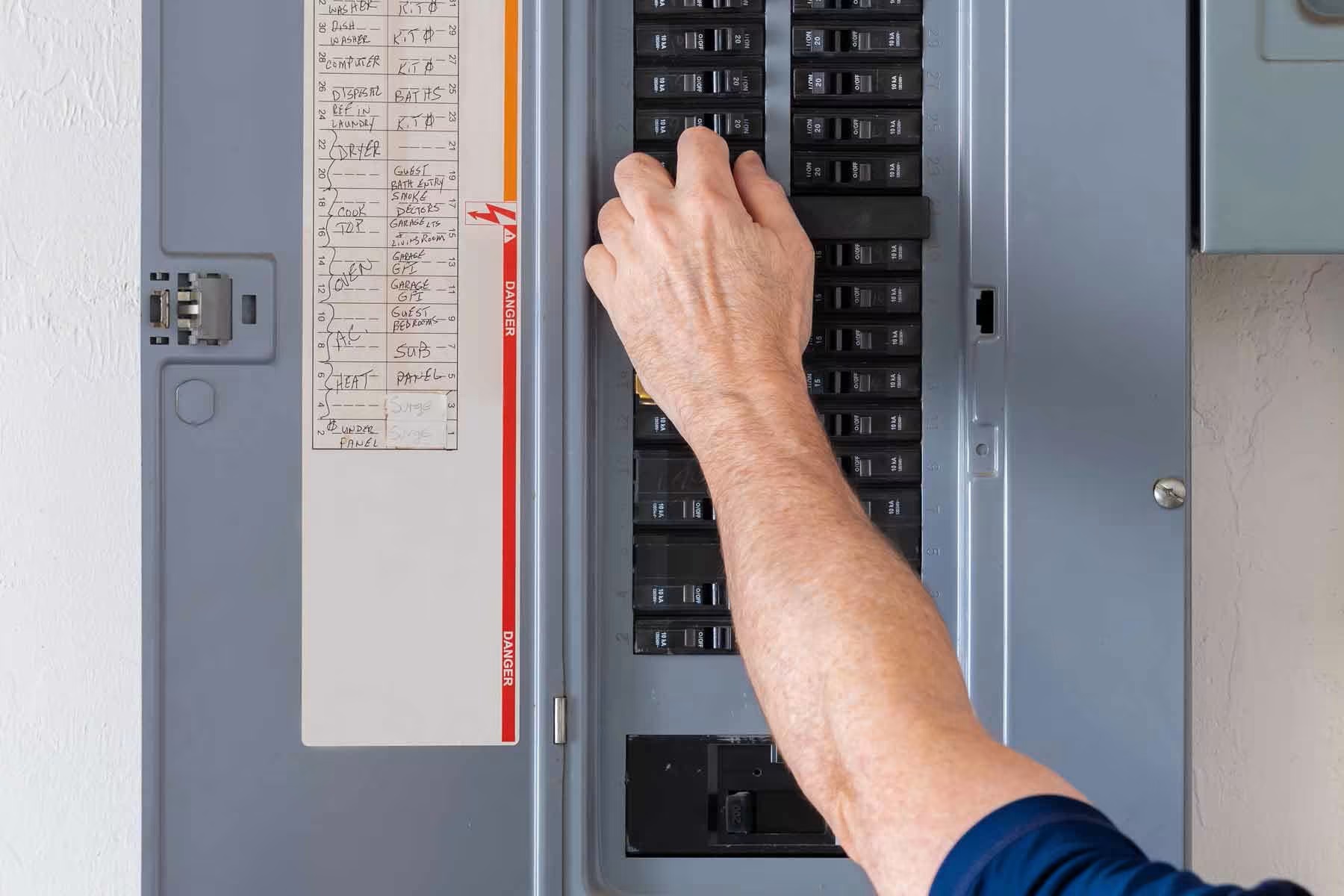

Articles
How Much Do Circuit Breakers Cost
Modified: January 7, 2024
Find out the average cost of circuit breakers in this informative article. Discover tips and insights on budgeting for circuit breaker replacements.
(Many of the links in this article redirect to a specific reviewed product. Your purchase of these products through affiliate links helps to generate commission for Storables.com, at no extra cost. Learn more)
Introduction
Circuit breakers are an essential component of any electrical system, providing protection against overloads and short circuits. Whether you are replacing an old circuit breaker or installing a new one, it’s essential to understand the cost factors involved. The price of a circuit breaker can vary based on various factors such as the type of breaker, its amperage capacity, brand, and installation requirements.
In this article, we will explore the factors that affect circuit breaker costs, the types of circuit breakers available, and their average prices. We will also provide tips on how to save money when purchasing circuit breakers. By the end, you will have a better understanding of circuit breaker costs and be well-equipped to make informed decisions for your electrical system.
Key Takeaways:
- Understand the factors affecting circuit breaker costs, such as amperage capacity, brand, type, installation requirements, and additional features, to make informed and cost-effective purchasing decisions for your electrical system.
- Save money on circuit breaker costs by comparing prices, considering refurbished options, buying in bulk, and taking advantage of promotions or sales. Prioritize safety and quality while exploring cost-saving opportunities.
Factors Affecting Circuit Breaker Cost
Several factors can influence the cost of a circuit breaker. By understanding these factors, you can better estimate the price and select the right breaker for your needs. Here are some key factors that affect circuit breaker costs:
- Amperage Capacity: The amperage capacity of a circuit breaker refers to its ability to handle electrical current. Higher amperage capacity circuit breakers tend to be more expensive than lower capacity ones, as they can handle more power demands. It’s crucial to determine the amperage needed for your electrical system to avoid under or overloading the breaker.
- Brand: The brand of the circuit breaker can also impact its cost. Established and reputable brands often come with a higher price tag due to their reliability and quality. While it may be tempting to opt for a cheaper, lesser-known brand, it’s essential to consider the long-term performance and safety of the breaker.
- Type of Circuit Breaker: There are different types of circuit breakers available, including standard circuit breakers, ground fault circuit interrupters (GFCIs), and arc fault circuit interrupters (AFCIs). Each type has its own unique functionality and safety features, which can affect the cost. GFCIs and AFCIs, for example, provide added protection against electrical shock and fires, making them more expensive than standard breakers.
- Installation Requirements: The installation requirements of a circuit breaker can also impact its cost. If your electrical panel needs to be upgraded or modified to accommodate the new breaker, additional installation costs may be incurred. It’s advisable to consult a licensed electrician to assess the installation requirements and provide an accurate estimate of the overall cost.
- Additional Features: Some circuit breakers come with additional features such as surge protection, remote operation capabilities, or built-in diagnostics. These added features can increase the cost of the breaker but may provide enhanced functionality and protection for your electrical system.
Keep in mind that the cost of a circuit breaker is a long-term investment in the safety and reliability of your electrical system. It’s important to prioritize quality and ensure that the breaker meets the necessary electrical code requirements. By considering these factors and consulting with professionals, you can determine the right circuit breaker that suits your needs and budget.
Types of Circuit Breakers and Their Cost
There are several types of circuit breakers available on the market, each designed for specific applications and electrical protection needs. Understanding the different types can help you choose the right circuit breaker for your requirements. Here are some common types of circuit breakers and their respective costs:
- Standard Circuit Breakers: These are the most common type of circuit breakers used in residential and commercial applications. They provide protection against overloads and short circuits. Standard circuit breakers are available in various amperage ratings, typically ranging from 15 to 200 amps. The cost of standard circuit breakers usually starts at around $5 and can go up to $50 or more, depending on the brand and amperage capacity.
- Ground Fault Circuit Interrupters (GFCIs): GFCIs are designed to protect against electrical shock in wet or damp locations, such as bathrooms, kitchens, and outdoor areas. They have built-in sensors that detect ground faults and quickly shut off power to prevent electric shocks. GFCIs are generally more expensive than standard circuit breakers, with prices starting around $20 and going up to $100 or more, depending on the amperage rating and brand.
- Arc Fault Circuit Interrupters (AFCIs): AFCIs are designed to protect against electrical fires caused by arcing faults. They detect dangerous arcing conditions that can lead to fires and shut off power to reduce the risk. AFCIs are commonly used in bedrooms, living rooms, and other areas where electrical fires can occur. The cost of AFCIs can vary depending on the brand and amperage rating, with prices typically ranging from $30 to $150 or more.
- Dual Function Circuit Breakers: Dual function circuit breakers combine the functionality of both GFCIs and AFCIs, providing protection against both electrical shock and fire hazards. They offer convenience and cost savings by combining the features into a single breaker. The cost of dual function circuit breakers is generally higher than standard circuit breakers but can vary depending on the brand and amperage rating, starting around $50 and going up to $200 or more.
- Specialty Circuit Breakers: Specialty circuit breakers are designed for specific applications, such as solar panel systems, generators, or HVAC equipment. These breakers may have unique features and specifications tailored to their intended use. The cost of specialty circuit breakers can vary significantly depending on the specific requirements and brand.
It’s important to note that the prices mentioned above are just a rough estimate and can vary depending on various factors such as brand, retailer, and location. It’s advisable to research and compare prices from different sources to get the most accurate cost estimate for the type of circuit breaker you need.
Average Cost of Circuit Breakers
The average cost of a circuit breaker can vary depending on several factors, including the type, brand, amperage rating, and additional features. While the cost can fluctuate, it’s helpful to have a general idea of the average prices to budget accordingly. Here are the average costs for different types of circuit breakers:
- Standard Circuit Breakers: The average cost of standard circuit breakers typically ranges from $5 to $50, depending on the amperage rating and brand. Lower amperage capacity breakers, such as 15 to 30 amps, tend to be on the lower end of the price range, while higher amperage capacity breakers, such as 100 to 200 amps, can be on the higher end.
- Ground Fault Circuit Interrupters (GFCIs): GFCIs generally have a higher average cost compared to standard circuit breakers due to their additional safety features. The average price for GFCIs can range from $20 to $100 or more, depending on the amperage rating and brand.
- Arc Fault Circuit Interrupters (AFCIs): AFCIs also tend to have a higher average cost compared to standard breakers, as they provide protection against electrical fires. The average price for AFCIs can range from $30 to $150 or more, depending on the amperage rating and brand.
- Dual Function Circuit Breakers: Dual function circuit breakers, which combine the functionality of GFCIs and AFCIs, have a higher average cost compared to standard breakers. The average price for dual function circuit breakers can range from $50 to $200 or more, depending on the amperage rating and brand.
- Specialty Circuit Breakers: The average cost of specialty circuit breakers can vary significantly depending on the specific application and brand. Prices for specialty breakers can range from $50 to several hundred dollars, depending on the unique features and requirements.
It’s important to note that these are average cost ranges, and actual prices may vary depending on factors such as brand reputation, retailer pricing, and geographic location. It’s recommended to compare prices from various suppliers and consult with professionals to get the most accurate cost estimate for your specific needs.
Additionally, keep in mind that the cost of the circuit breaker itself is just one component of the overall cost. Installation fees, modifications to the electrical panel, and any additional parts or accessories needed should also be considered when budgeting for your circuit breaker purchase.
When considering the cost of circuit breakers, it’s important to factor in the type, brand, and amperage needed for your specific electrical system. Additionally, consider installation costs if hiring a professional electrician.
Factors to Consider When Buying Circuit Breakers
When buying circuit breakers, it’s important to consider various factors to ensure that you select the right breaker for your specific needs and requirements. Here are some key factors to consider:
- Amperage Rating: The amperage rating of the circuit breaker should match the electrical load it will be responsible for. Determine the amperage requirement for your electrical system and select a breaker with a corresponding rating. Installing a breaker with a higher or lower rating can result in electrical issues or insufficient protection.
- Type of Protection: Consider the type of electrical protection required for your application. Standard circuit breakers provide protection against overloads and short circuits, while ground fault circuit interrupters (GFCIs) offer additional protection against electrical shocks in wet or damp locations. For added safety, arc fault circuit interrupters (AFCIs) detect and prevent electrical fires caused by arcing faults. Determine which type of protection is necessary for your specific electrical system.
- Compatibility: Ensure that the circuit breaker is compatible with your electrical panel. Different panels have specific requirements, such as the type and configuration of the breakers they can accommodate. Check the manufacturer’s specifications of your panel or consult with a licensed electrician to ensure compatibility.
- Quality and Brand: Choose a reputable brand known for producing high-quality circuit breakers. Quality breakers offer better performance, durability, and safety. Investing in a reliable and trusted brand can provide peace of mind and reduce the risk of electrical issues or failures. Read reviews, seek recommendations, and do thorough research before making a purchase.
- Electrical Code Compliance: Ensure that the circuit breaker meets the electrical code requirements for your specific application and region. Compliance with local electrical codes is essential for safety and compliance purposes. Consult with a licensed electrician or refer to local electrical codes for guidance.
- Price: Consider your budget when buying circuit breakers. While it’s important to prioritize quality and safety, it’s also essential to find a breaker that fits within your allocated budget. Compare prices from different suppliers and consider any additional costs, such as installation fees, when calculating the overall cost.
By considering these factors, you can make an informed decision when purchasing circuit breakers. It’s always advisable to consult with professionals, such as licensed electricians, for guidance and to ensure proper installation and compliance with electrical codes.
Read more: How Do Tandem Breakers Work
Tips for Saving Money on Circuit Breaker Costs
Purchasing circuit breakers can sometimes be a significant investment, especially when upgrading or replacing multiple breakers. However, there are several tips you can follow to save money on circuit breaker costs. Consider the following tips:
- Compare Prices: Take the time to research and compare prices from different suppliers. Prices can vary, so getting multiple quotes can help you find the best deal for the specific type and brand of circuit breaker you need.
- Consider Refurbished options: Instead of buying new circuit breakers, consider refurbished or reconditioned options. These are circuit breakers that have been tested and restored to working condition, offering a cost-effective alternative to brand new breakers. It’s important to ensure that refurbished options come with a warranty and meet safety standards.
- Bulk Purchasing: If you need to replace or install multiple circuit breakers, consider buying them in bulk. Many suppliers offer bulk discounts, which can significantly reduce the cost per unit. This is particularly beneficial for commercial or large-scale projects.
- Consider Lower Ampere Options: If your electrical system allows for it, consider opting for lower amperage circuit breakers instead of higher ones. Lower amperage breakers tend to be less expensive. However, ensure that the selected breaker can safely handle the electrical load of the circuit it protects.
- Utilize Online Marketplaces: Online marketplaces such as eBay or Amazon often offer competitive prices on circuit breakers. However, exercise caution and ensure that you are purchasing from reputable sellers who offer genuine products and provide warranties or return policies.
- Check for Special Promotions or Sales: Keep an eye out for special promotions, discounts, or sales offered by manufacturers or suppliers. This can be a great opportunity to save money on circuit breakers. Sign up for newsletters or follow social media accounts of suppliers to stay informed about any ongoing deals.
- Consult with an Electrician: Before making a purchase, consult with a licensed electrician. They can provide valuable advice on selecting the right circuit breaker for your electrical system. They may also have access to discounted prices through their professional networks, ultimately saving you money.
- Proper Maintenance: Regularly maintain your electrical system to ensure its proper functioning and longevity. By addressing any issues promptly, you can prevent the need for costly repairs or replacements in the future.
Remember, while it’s important to save money, always prioritize safety and quality when purchasing circuit breakers. Saving a few dollars on an inferior or unreliable breaker can lead to potential hazards and costly repairs in the long run. Invest in reputable brands and consult with professionals to ensure that your electrical system remains safe and reliable.
Conclusion
Circuit breakers are vital components of any electrical system, providing protection against overloads and short circuits. When considering the cost of circuit breakers, it’s crucial to take into account various factors such as amperage capacity, brand, type, installation requirements, and additional features. Understanding these factors will help you make an informed decision and select the most suitable circuit breaker for your needs.
The average costs of circuit breakers can vary depending on the type, brand, and specific requirements. Standard circuit breakers are typically the most affordable option, while ground fault circuit interrupters (GFCIs), arc fault circuit interrupters (AFCIs), and specialty breakers tend to be more expensive.
When purchasing circuit breakers, it’s important to consider factors such as the amperage rating, type of protection, compatibility, quality, electrical code compliance, and price. Comparing prices, considering refurbished options, buying in bulk, and taking advantage of promotions or sales can help save money on circuit breaker costs.
Consulting with professionals, such as licensed electricians, is crucial to ensure proper installation and electrical code compliance. Additionally, proper maintenance of your electrical system is essential to prevent costly repairs or replacements in the future.
In conclusion, by understanding the factors affecting circuit breaker costs, considering the different types of circuit breakers available, and implementing cost-saving tips, you can make informed decisions and save money on circuit breaker purchases. Prioritize safety, reliability, and quality to ensure the smooth operation of your electrical system and protect your property from electrical hazards.
Frequently Asked Questions about How Much Do Circuit Breakers Cost
Was this page helpful?
At Storables.com, we guarantee accurate and reliable information. Our content, validated by Expert Board Contributors, is crafted following stringent Editorial Policies. We're committed to providing you with well-researched, expert-backed insights for all your informational needs.
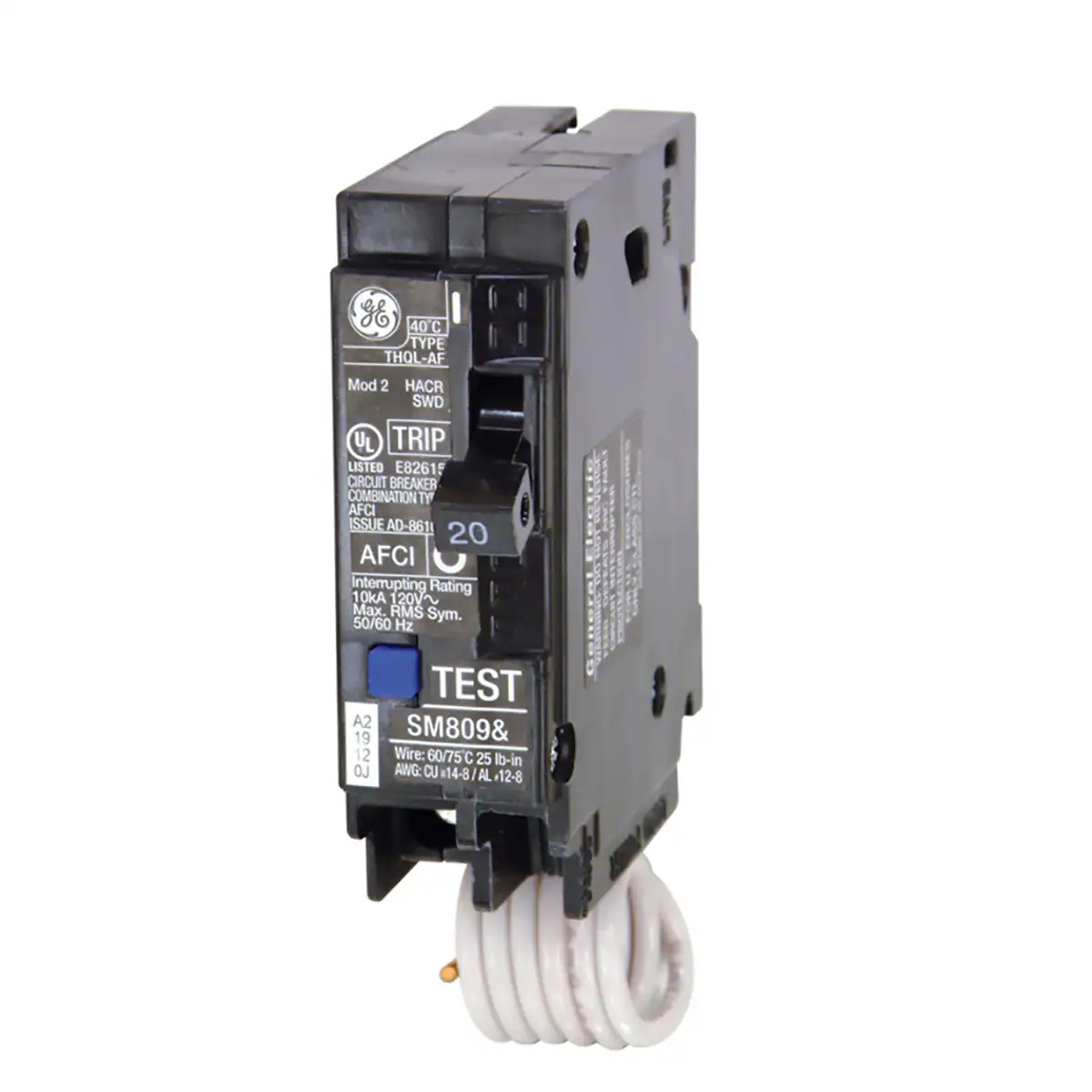
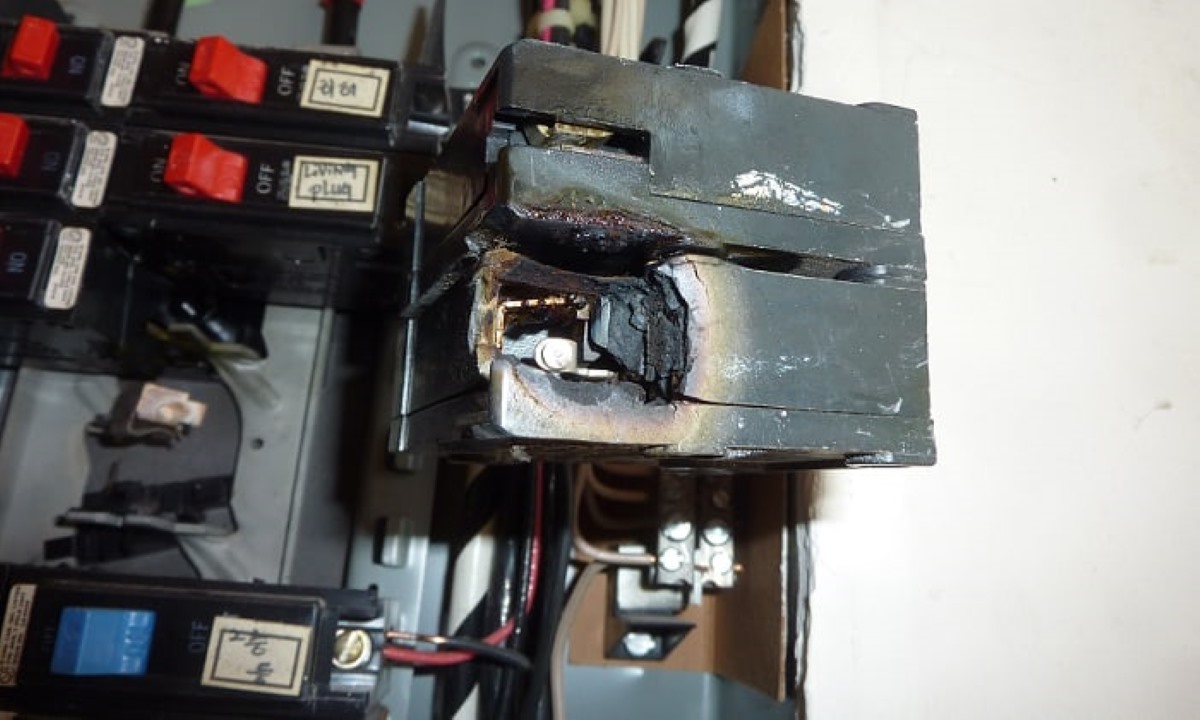
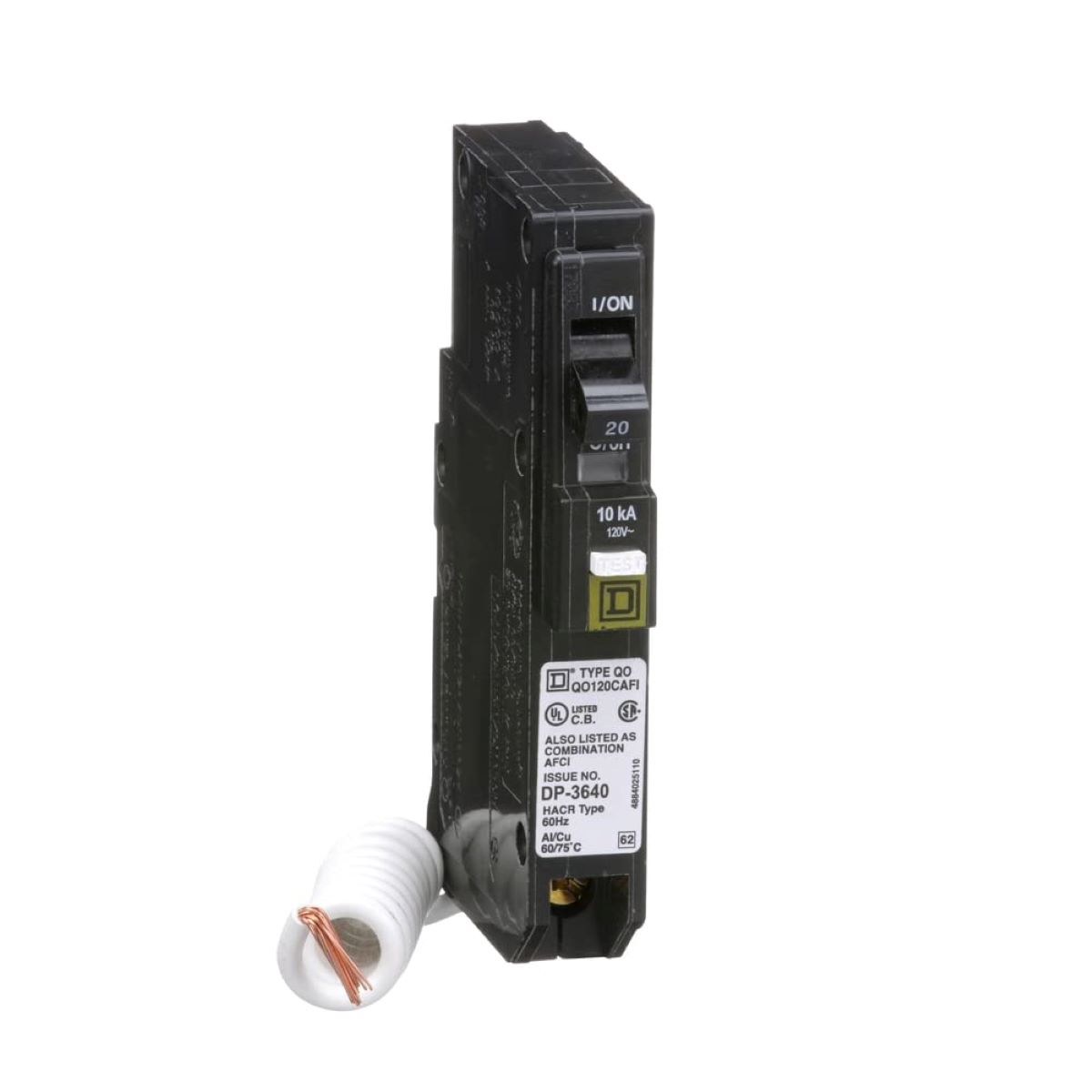
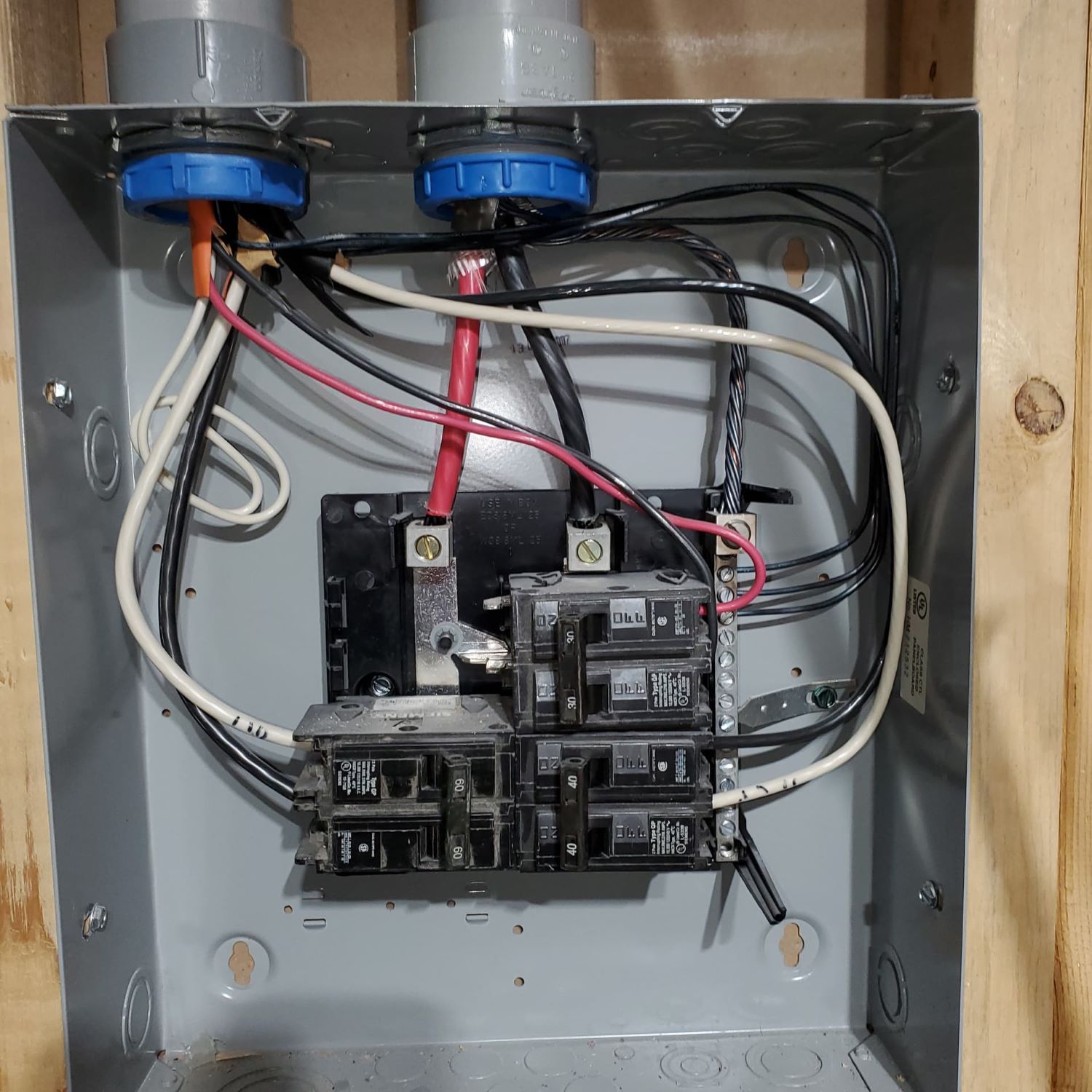
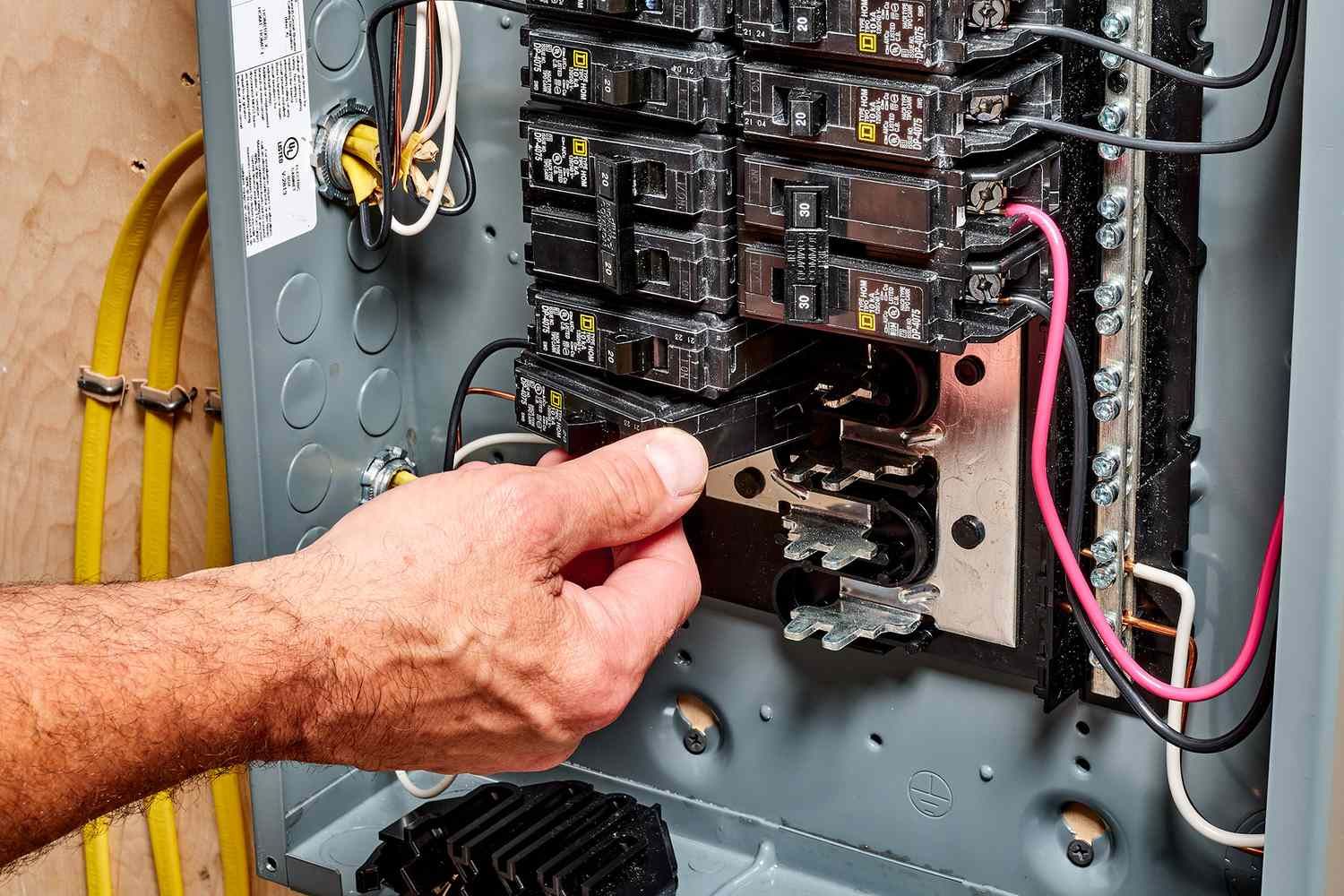
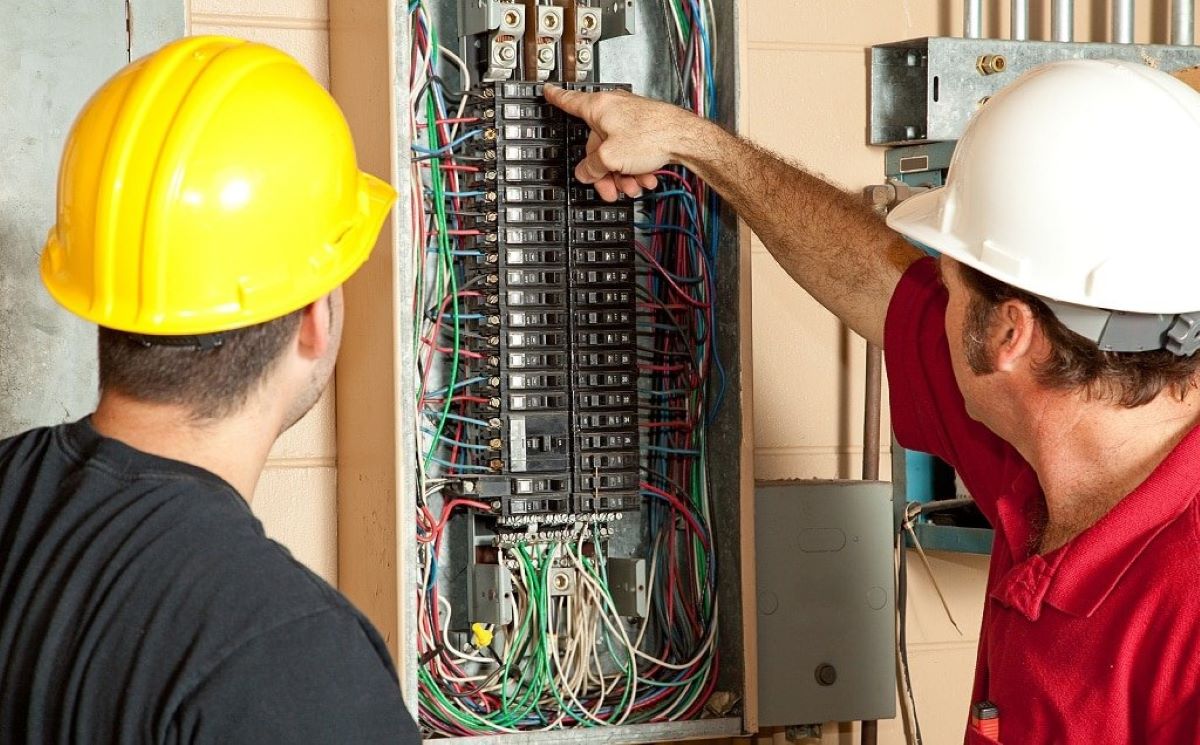
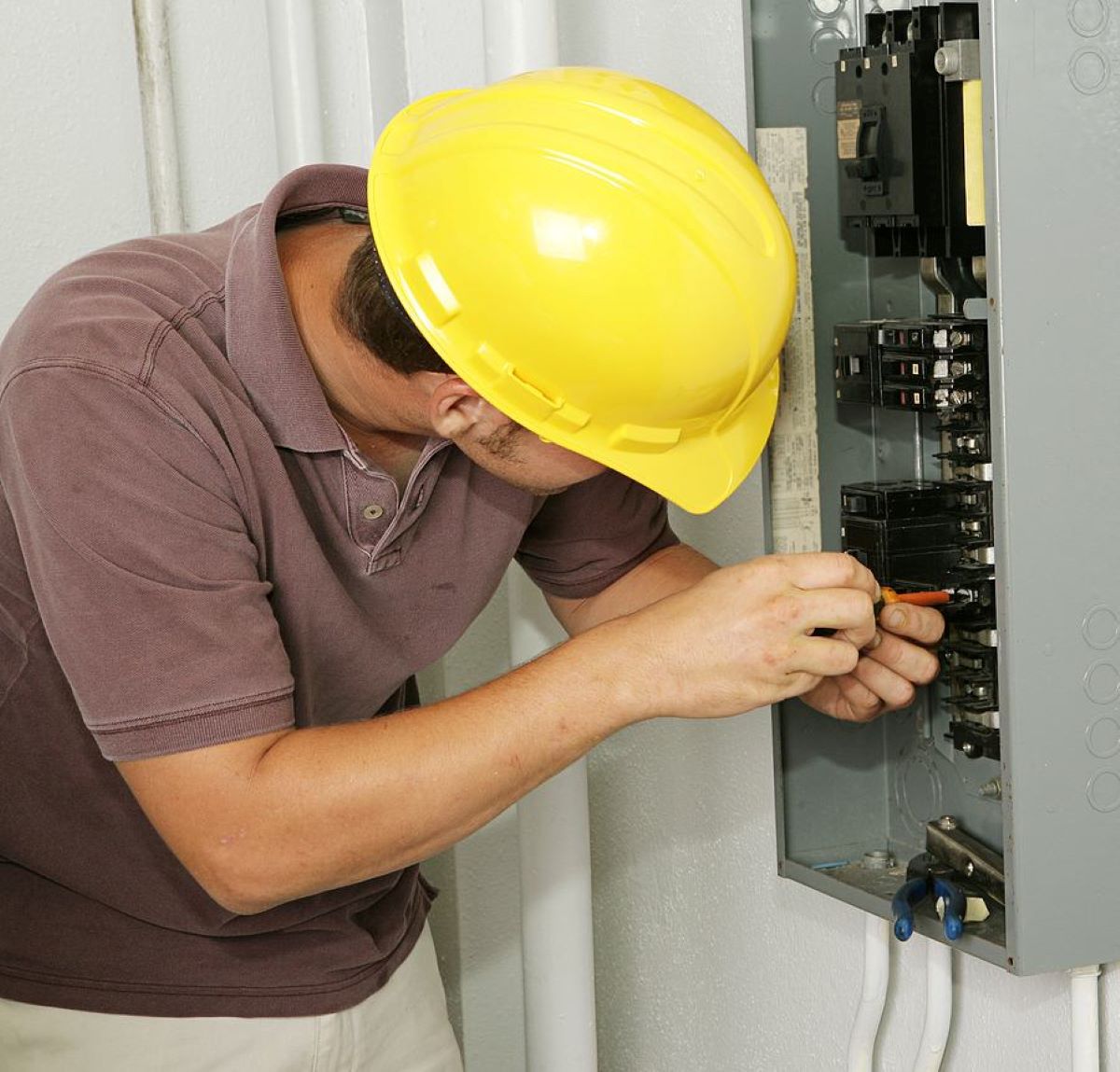
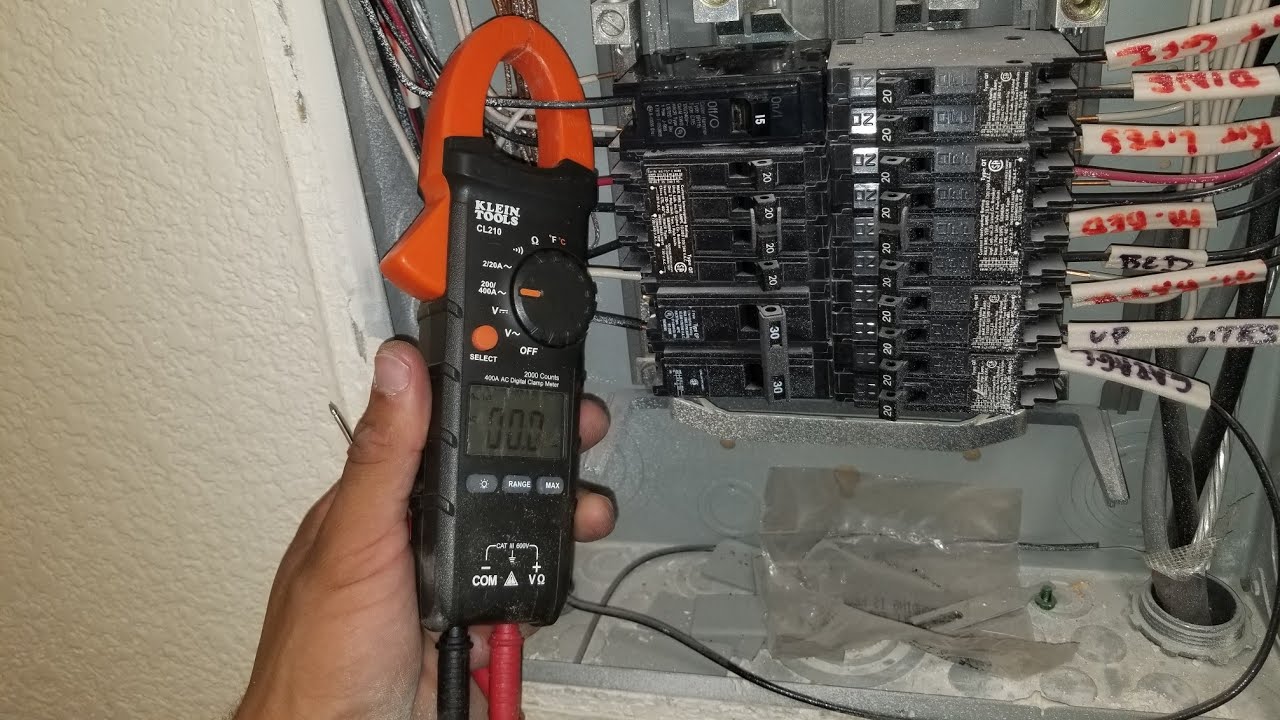
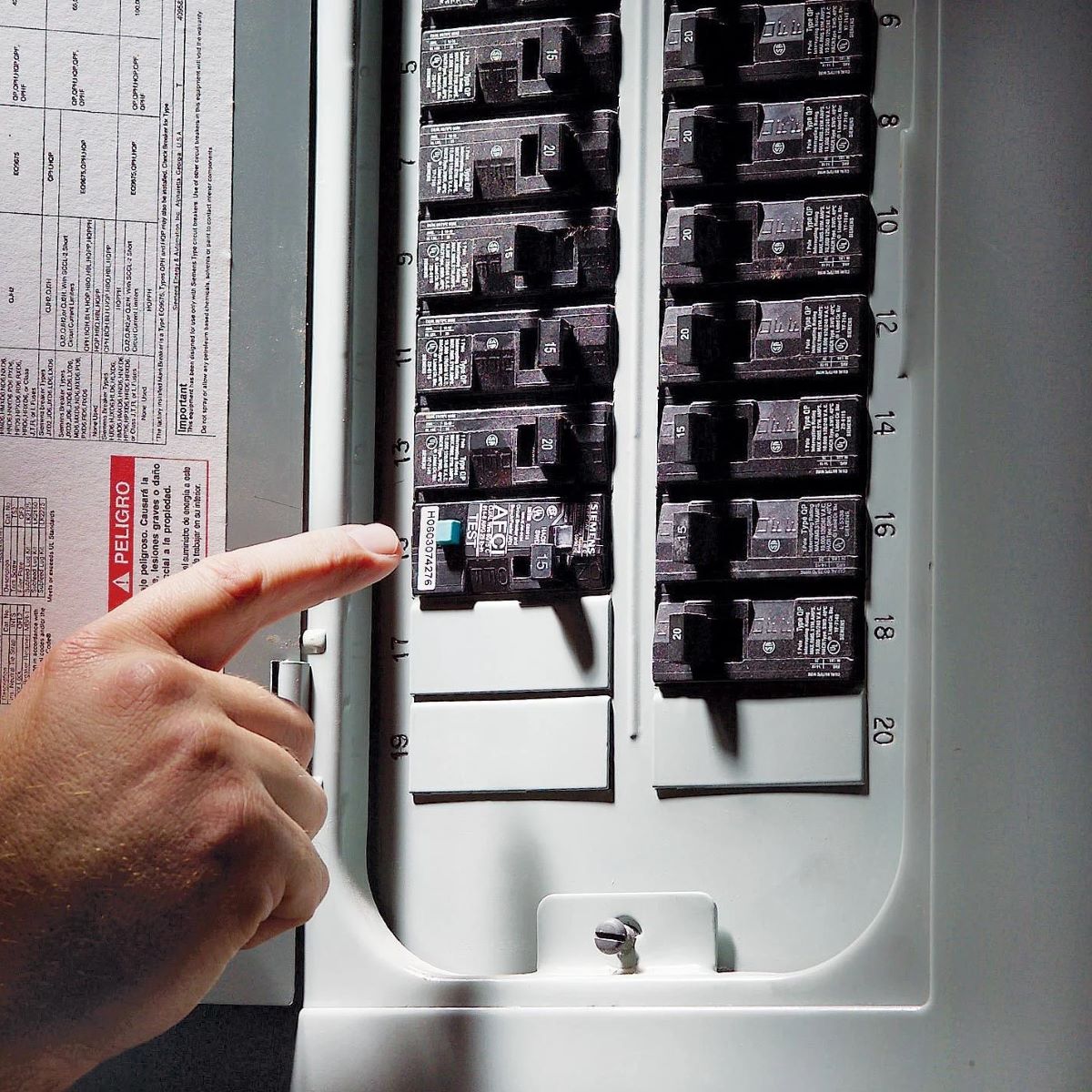
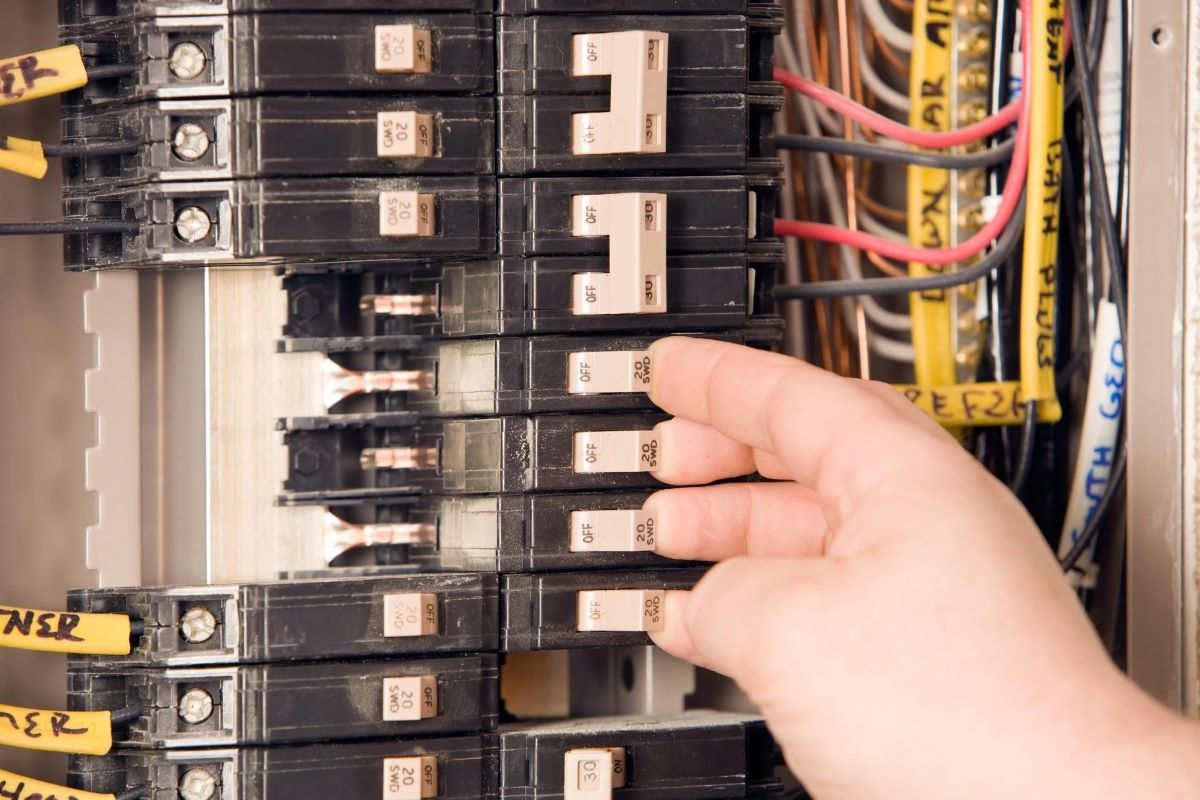
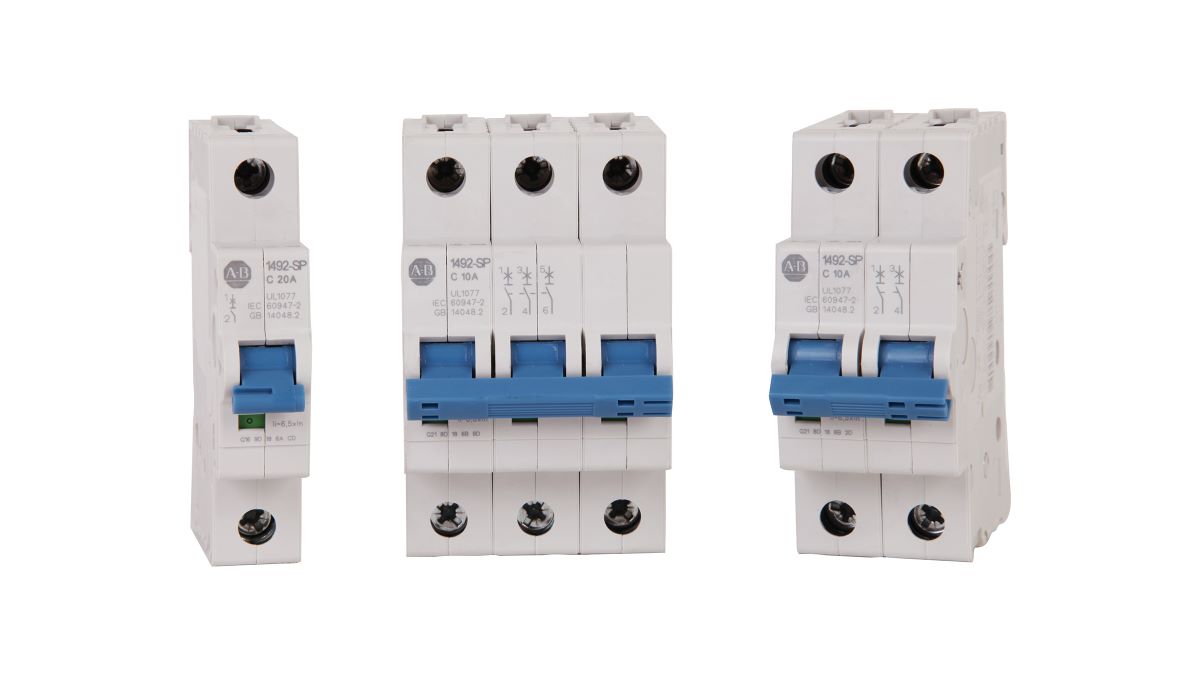
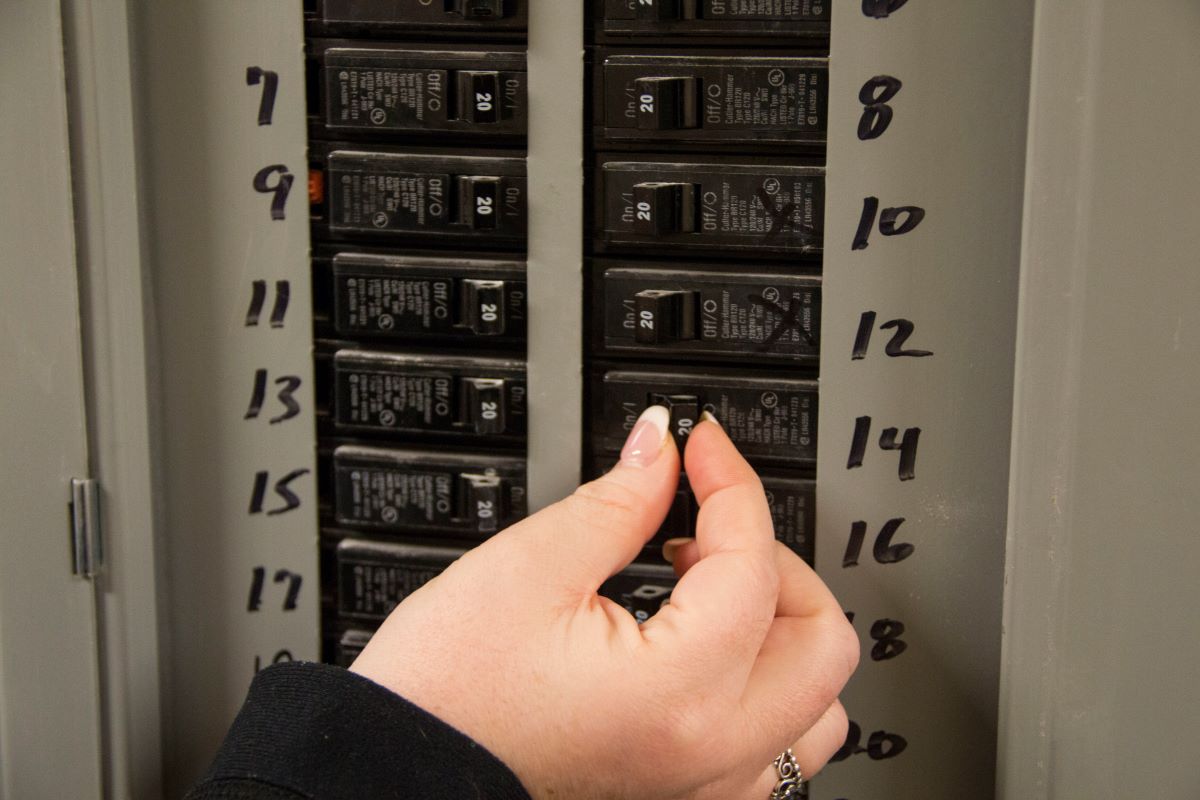
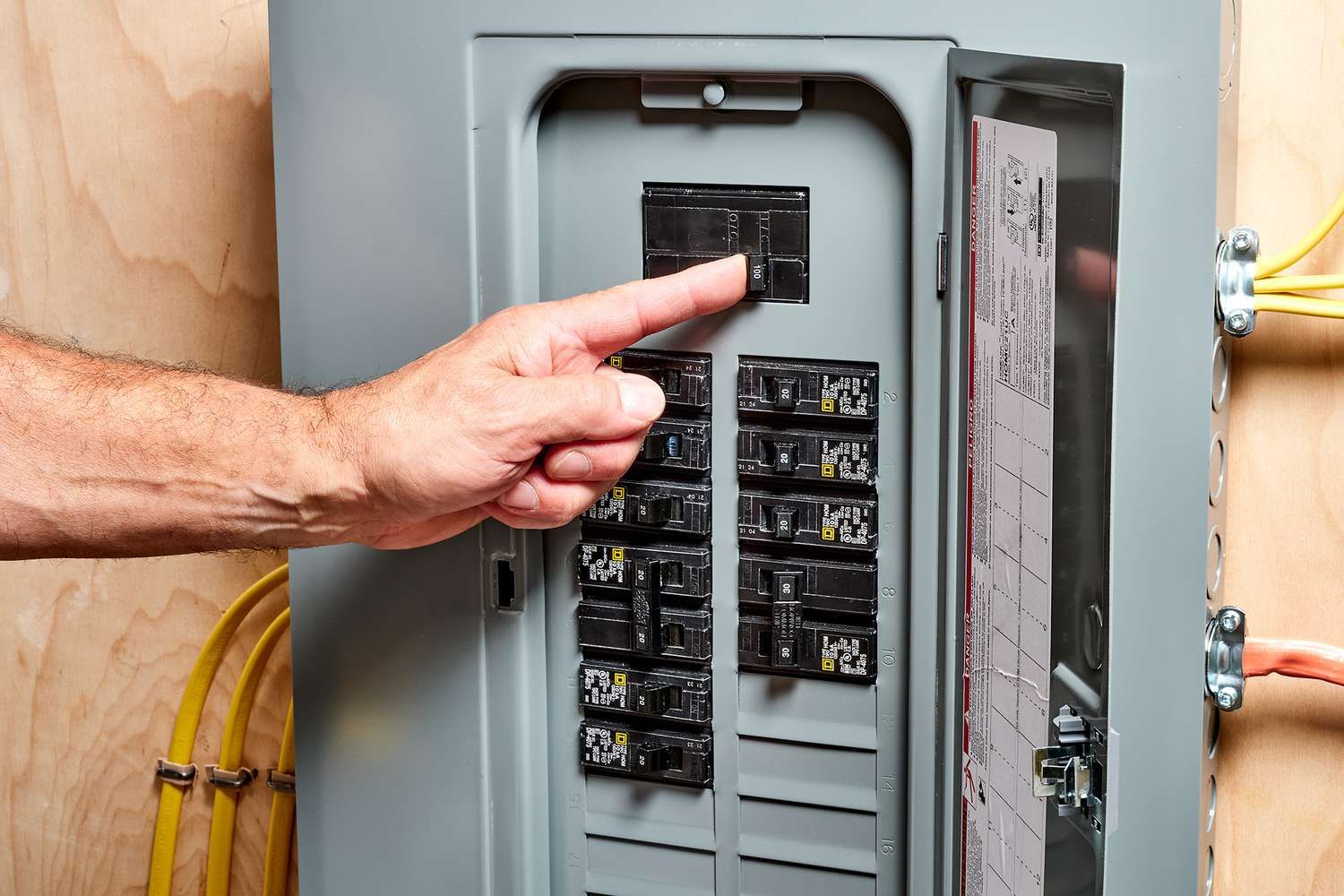
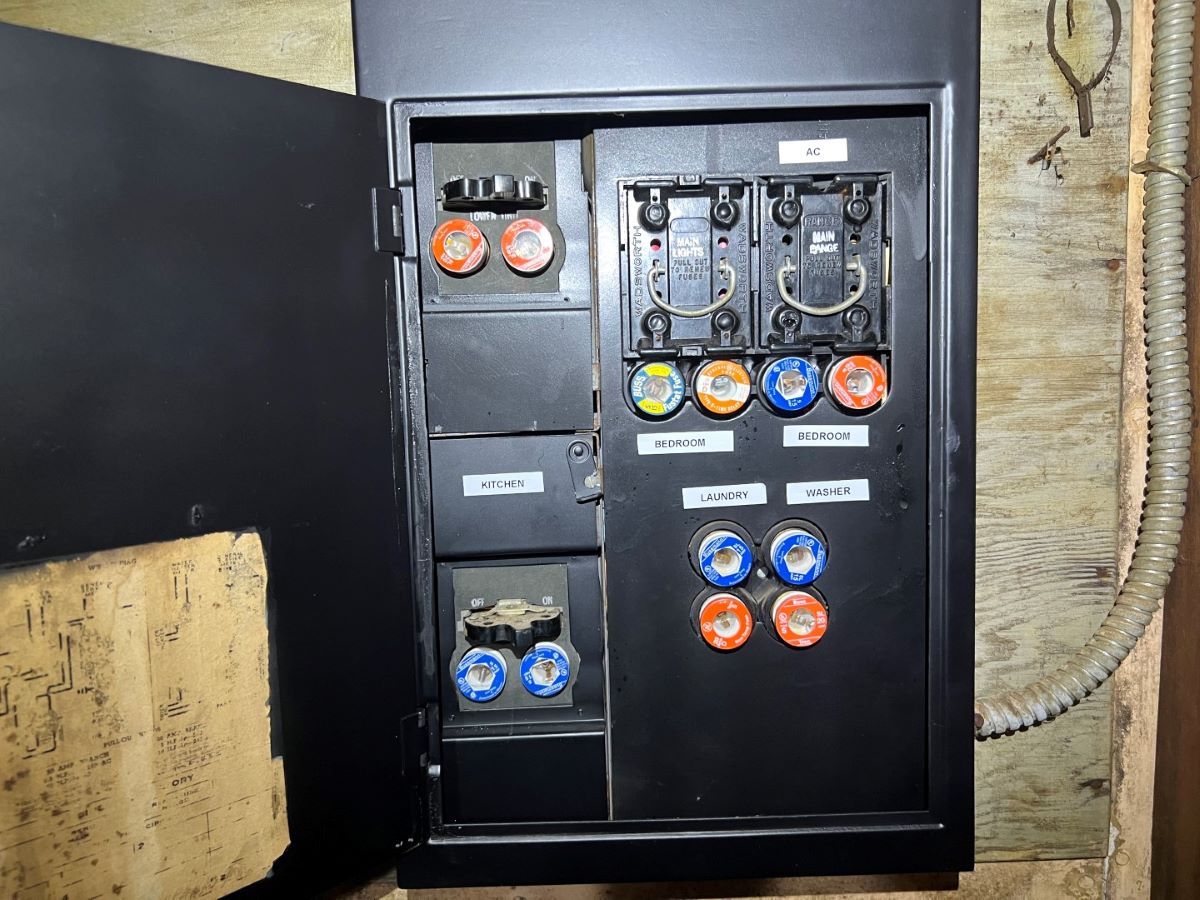

0 thoughts on “How Much Do Circuit Breakers Cost”